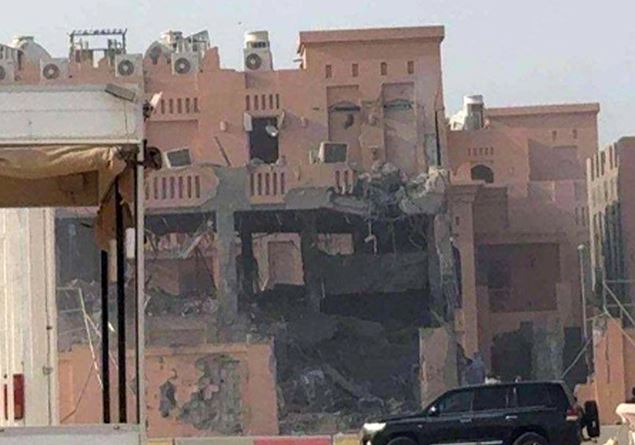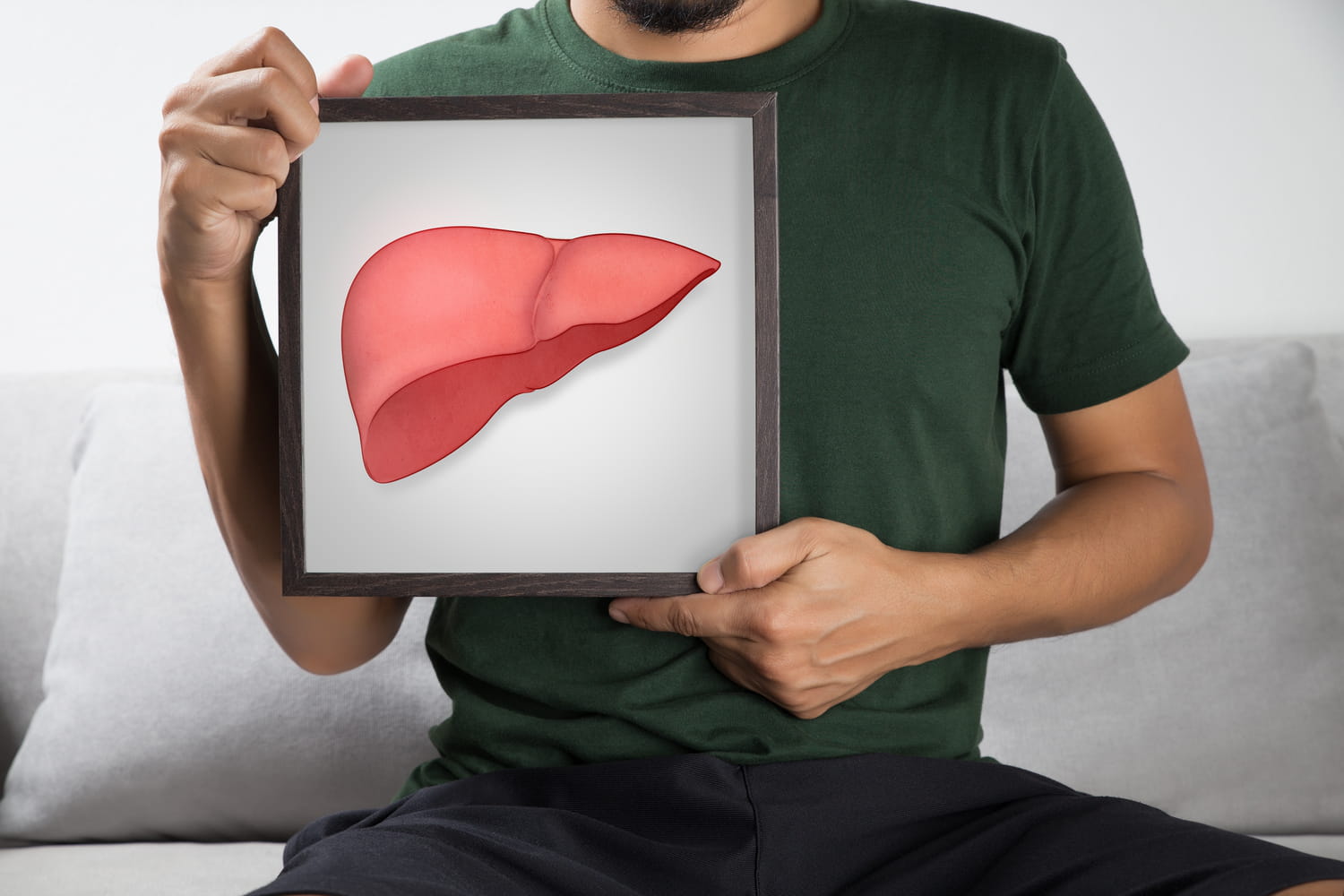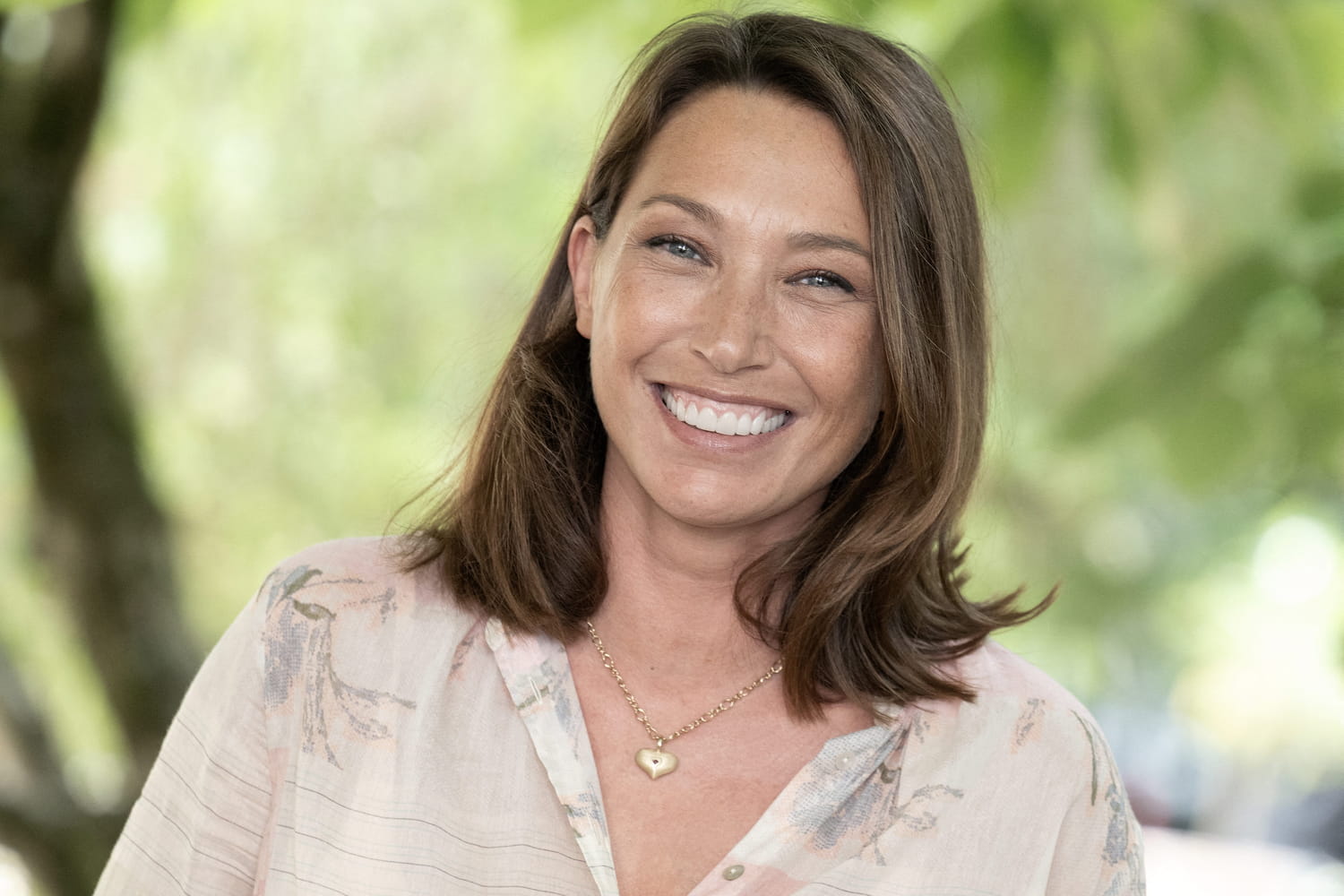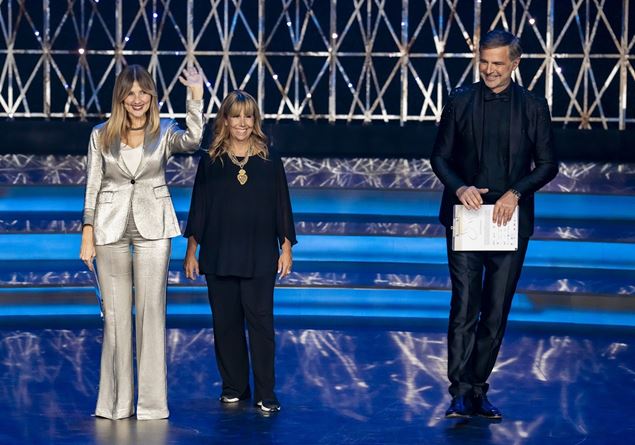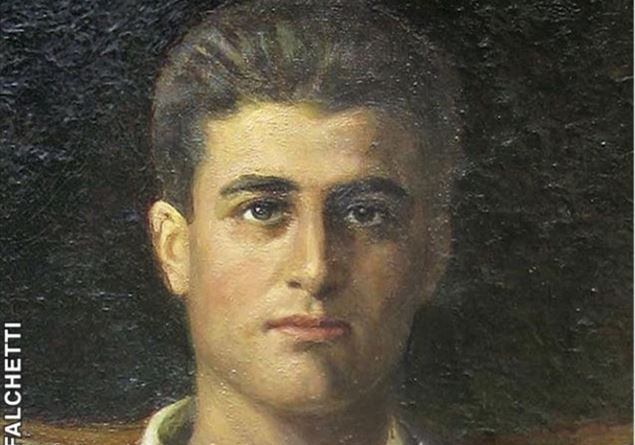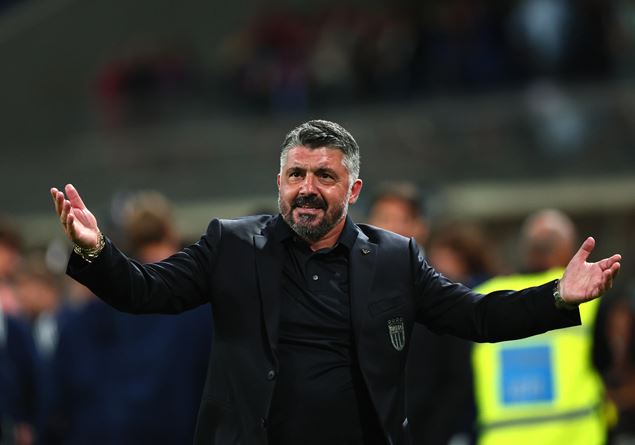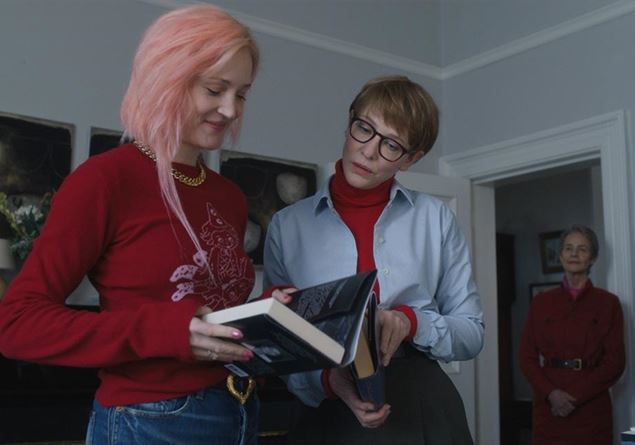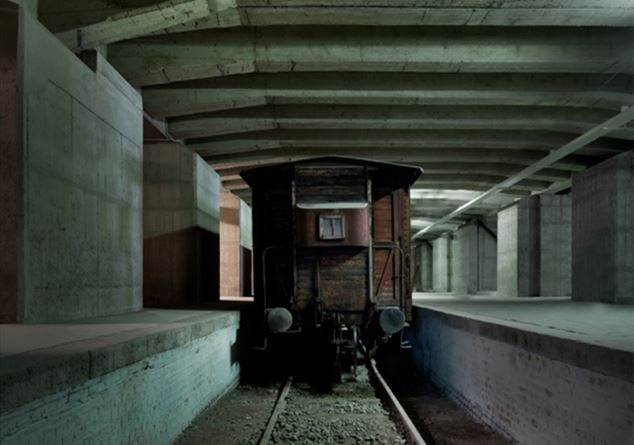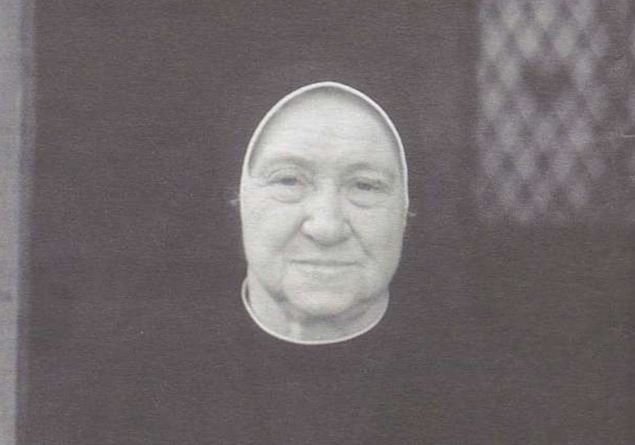Donatella Gimigliano between Lucio Fortunato and Giusy Giambertone.
His are stories at the crossroads, which she tells in the only possible way: giving value to life. Donatella Gimigliano is a name that in recent times resonates in the social and media scene. His project, Women for Women Against Violence, Format that gives voice to women who face existential battles, from breast cancer to gender-based violence, who became a television program of the Rai networks five years ago, recently obtained the prestigious recognition in the evening-event organized by the Prometeus Ets Foundation, a reality of excellence in training and in the oncological research under the guidance of Professor Lucio Fortunato. Donatella tells himself to Famiglia Cristiana. His tears are like a thin cry that still lives the most black period of his life, but lives it with a transforming force that becomes light for others. “Twelve years have passed and yet I am still there, like so many women who have had my problem.”
What kind of problems do these women face?
«One above all is economic toxicity. Many women victims of violence have problems, if they survive, to resume their lives for economic problems, as well as many women who face the tumor must stop by work. My professional life, when I had the diagnosis, stopped for a year and I also suffered an executive eviction. And then there is the emotional wound, in both cases. Women victims of violence are affected by the man who says they love them and women who have the tumor before, during or after they suffer emotional abandonment because he does not hold up on physical and psychological change. And this is a merciless statistics ».
How and when did the idea of Women for Women Against Violence be born?
«From my experience of breast cancer, familiar. I received the diagnosis after having already lost my sister. It was 2012. After me my mom was sick, who did not survive and subsequently my smaller sister, who is fortunately well, but had a recurrence. The flame came on when I participated in the short film Signsas a testimonial for the Gemelli Polyclinic. There was talk of the scars that this experience leaves in women. At the same time I also dealt with women victims of violence: I followed and I still follow the Salvamamme association ».
We are talking about the two “killers” of women …
“Yes. The breast cancer in 2024 killed 13,600 women, while about 120 per year die at the hands of a man. Everything revolves around that monster that can be found next to us but also within us, which is no less fierce than the first, perhaps more silent. Breast cancer affects all part that concerns femininity, motherhood and even affectivity “.
What prompted it to transform this project into a television program?
«When you touch with your hand, through the stories, the problems of these women you cannot turn to the other side and, so we tried to bring them to light, even if we have not completely solved their problems. It was a mountain climbed with bare hands, considering that we are not a noble association and we have no political hats. It is truly a project that is born from below, and this is an added value. The last edition aired on January 11 on Rai 1, in the late evening, and we intend to continue, when I don’t know, generally in autumn. We are many terracotta vases forced to travel in the company of many iron vases. A part of what we collect we use it for the victims. At the beginning we made donations to other associations, then we decided to help individual concrete cases. This does not facilitate us at the level of tax deduction but of transparency. We do not make public the figures donated because we detest those who go on the stages with the gigantic photographs of the check. It is not grace: you must always respect the person who is doing the donation ».
Gender violence is still a taboo for many. How does the project manage to break the silence and bring out stories that otherwise would remain hidden?
«We understood that people experience has a very high awareness index and must be told in all facets. Gender violence is not only femicide, which we do not tell. We talk about women who survived. These themes cannot be told by speaking exclusively of the dead, in the direction of the news: I think it is a limit. Over the years we have faced various types of violence: psychological, body shaming, eating behavior disorder syndrome, caregiver problem. We have repeatedly told the story of an orphan of femicide, which I now consider almost a son, Nicolò Maja, in the wheelchair. A touching story: the father had killed his 16 -year -old mother and sister. I still remember his monologue “how can I forgive you dad”, who was liberating for him, where he expressly says “you are a murderer and so you will be remembered”. The story of Rosanna Banfi exemplates, who said that when he started losing his hair, his partner also shaved himself to give a sense of normality to the children. Another story, in the opposite direction, was that of P., who had the tumor twice and when he started the therapy his partner translated it. Here there is also a reflection of my life, because betrayal happened to me too. In the stories emerges the ability of resilience, the desire to live, the rebirth, which is what we transfer to the public, as well as stimulating breast prevention. We will make an episode entirely dedicated to young women, because we have 55 thousand breast cancer diagnoses per year and 11 thousand are women under the age of 40. A fact that must worry us ».
Did he have to mediate with television language?
«I don’t have the approach to amaze with special effects. I am the author of the project and I write the stories with women trying to remain faithful to their story. Life lessons come out so beautiful and authentic that it would be a mistake spectacularize them. A woman taught us that meeting the death of the tumor rediscovered life. There is no need for an authorial dictation on these narratives ».
Does your project arise a concrete support community?
«It is our Achille heel: when it happens, it happens with great difficulty. We win the attention of companies that support us, but there is no community that helps us in full on what we do. We have to grow. We also thought about alternative projects to present ourselves in the territories, such as the photographic exhibition that we brought to Rome at the Nuvola di Fuksas. We continue to travel around Italy: we are in negotiations for an exhibition at the State University of Milan ».
A dream?
«A Foundation and greater television autonomy, with a better airing time to get to a wider audience. Let us remember that it is not enough to save the life of a woman to have actually saved her: there is a whole subsequent path that must be attached and told ».
In the photo, Donatella Gimigliano between Arianna Ciampoli and Beppe Convertini.
